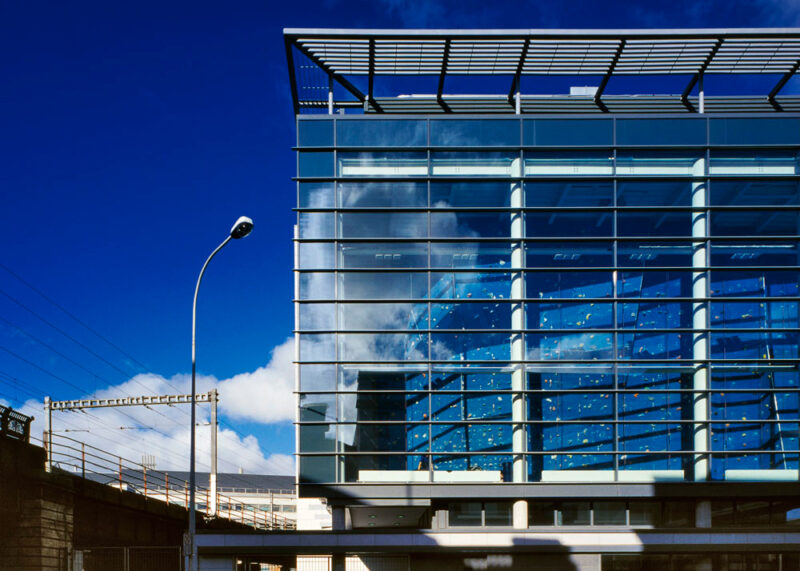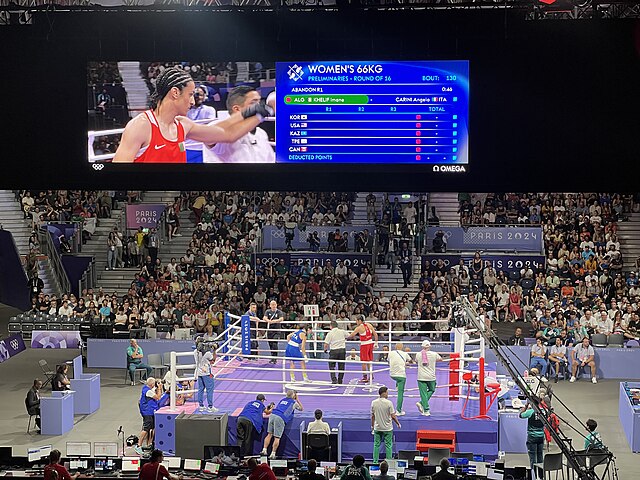Dominic McGrath and Edmund Heaphy
The College has cut the funding it provides to the Sports Centre by €136,000, just weeks after students voted to increase the Sports Centre charge to €120.
The cut, which applies for the current financial year ending this coming September, amounts to a 53 per cent decrease in the contribution College provides to the centre. Last month, in a repeat referendum, students voted to increase the charge that they pay by €30. The expectation was that this would increase the centre’s operating budget for the coming academic year by around €466,000, but the fall in the College contribution means that the centre will gain around €330,000 – a mitigated increase, given that the contribution is expected to remain at the same level next year.
The overall operating budget of the Sports Centre is around €2.8 million. Up until late last month, the centre expected an overall contribution of around €260,000 from College, alongside the €1.4 million which comes from the €90 charge paid by students in September. This left an expected shortfall of around €1.14 million, which will now increase to almost €1.3 million following the cut.
The centre will have until the end of the financial year in September to bridge this shortfall, after which point the centre will benefit from the increased Sports Centre charge. While the current financial year is what is expected to cause the greatest difficulty for the centre, Trinity College Dublin Students’ Union (TCDSU) have expressed concerns that not all of the money from the increase in the charge may be ringfenced for capital development, as was promised by the yes side in the recent referendum. The yes campaign promised that an increase would mean a new fitness space, new 5-a-side facilities, new development programmes and improved scholarship programmes. Speaking to The University Times today, Domhnall McGlacken Byrne, President of TCDSU, said: “The staff in the Department of Sport, like all the services in Trinity, are all doing the best they can to serve the interests of Trinity students. However, repeated and deeply shortsighted cuts to these non-academic core pastoral services render me nonetheless concerned to ensure the money derived from the existing and increased student Sports Centre levy will be used to fulfill the commitments on which the referendum was held and to further the development of sport in Trinity.”
There has been however a strong commitment from both the Sports Centre and Trinity’s Chief Operating Officer to ringfence the increased money from the charge for capital development, rather than being used to make up the budget shortfall. In response to questions from The University Times, Michelle Tanner, Head of Sports & Recreation, said that, while the current time is “challenging” for the centre, “the budget cuts to Sport this year do not affect the referendum outcome which only comes into effect next year. The shortfall this year will be addressed through prudent management of existing resources and other streams of revenue generation are being explored.”
She went on: “We have a commitment to deliver all the facilities and programmes referred to in the referendum, as promised.”
The decision to reduce the College’s funding of the Sport’s Centre was made in consultation with the directors of the Corporate Services Division (CSD), the body in charge of allocating funds across central services, student services and communication and regulation.
In response to a request for comment from The University Times, Geraldine Ruane, Trinity’s Chief Operating Officer, who heads the CSD, praised the importance of the Sports Centre in college life, as “critical in enhancing the vibrant sporting tradition through the provision of quality facilities, services and programmes for our students”. She reaffirmed the commitment to ring fence the €466,000 in additional revenue raised from the increased Sports Centre charge for “sports activities”. Ruane also emphasised that, mirroring the approach across all faculties and divisions in response to reduced budgets, the Sports Centre would seek to make up its budgetary shortfall through commercial and corporate opportunities. The shortfall is typically bridged by staff, graduate and public memberships, the hiring out of the centre’s facilities, and other programmes.
There is not expected to be any further reduction in the College’s funding of the Sports Centre in this current financial year, although neither Tanner or Ruane commented on the potential for further cuts in the coming financial year.







